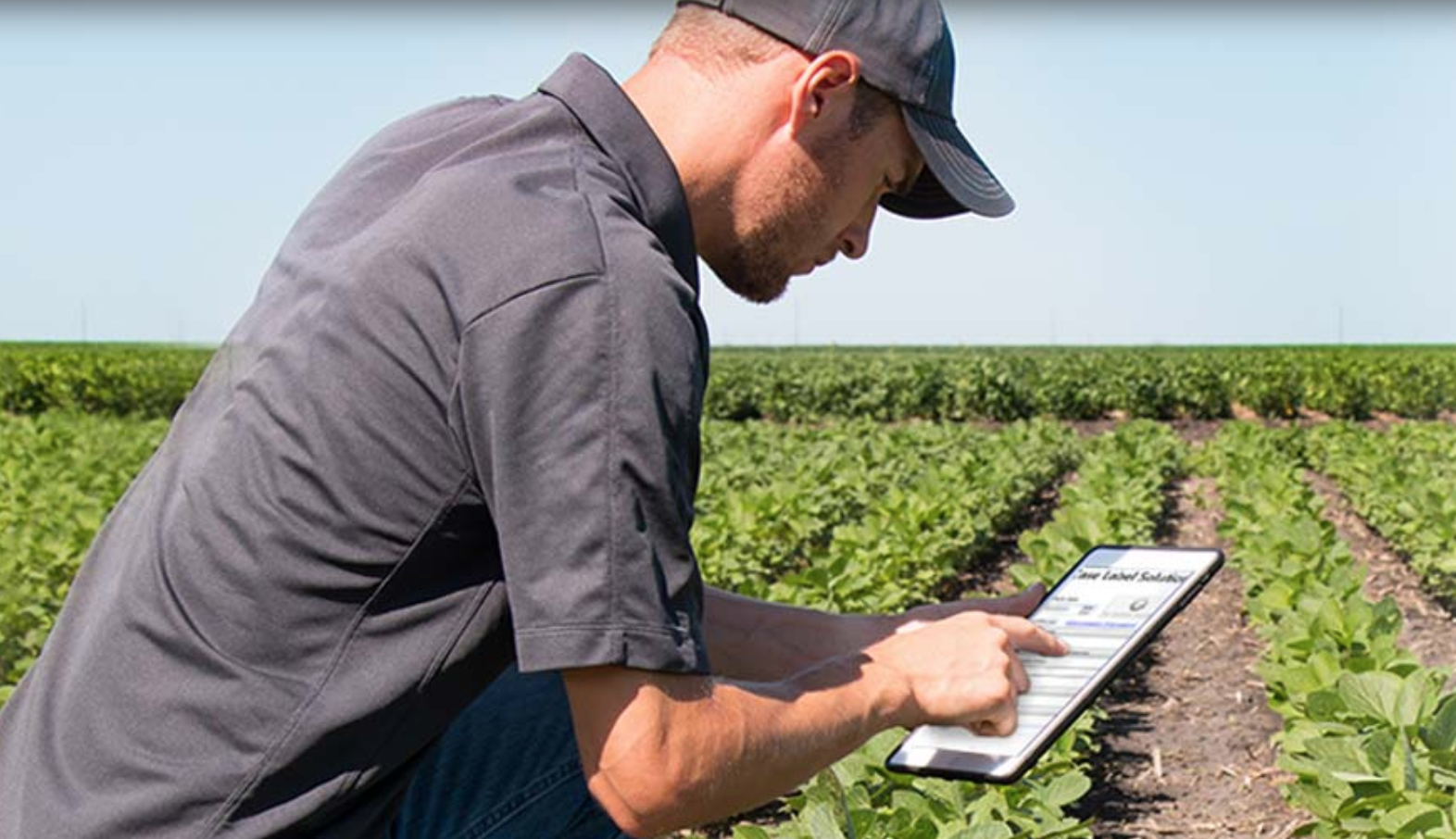Why Reliability = Profitability in Farming Today
November 11, 2019

By Michael Bruno
If you’ve ever been ready to get to work in your fields, only to find your equipment wasn’t working, then you know the importance of reliability.
There are many time-critical tasks in farming — you have to be ready to go when the time is right, whether that’s getting your crops planted so they can emerge quickly, or spraying weeds so they don’t take resources away from your crop. If you miss your window of opportunity and have to wait another two weeks because of the weather, it could cost you in yield, and ultimately hurt your bottom line.
In order to be timely, farmers need reliable equipment and technology that can get the job done at any time.

Reliability Reduces Lost Productivity
Not only does reliability ensure that a farmer can get a field task accomplished in a timely manner, it also reduces lost time and productivity.
Sugarcane farmers in Brazil can attest to the importance of reliable guidance. They run their tractors on three eight-hour shifts, so they’re dependent on GPS to make their way through large fields in the middle of the night when it’s pitch-black outside.
Due to scintillation in their atmosphere, which can disrupt GPS signals, they’ve switched to Trimble’s RTK services because it continues to work when other GPS solutions don’t. Without it, they wouldn’t be able to complete their night shift, which would cost them a third of their productivity.
Reliability Required for Better Decisions
Unreliability can also be a concern with data management software. If data syncing isn’t reliable, whether it’s due to the software used or unreliable cellular service or broadband internet access, there’s a greater risk for errors. For example, if an agronomist is trying to send a prescription application to his customer’s tractor in the field and it’s not syncing properly, then the wrong prescription could be applied.
Problems can also arise if the collection of data isn’t reliable. For example, if a yield monitor wasn’t properly calibrated then the yield data may be off, making it an unreliable source of information for making decisions for the next season.
For growers who need to provide evidence an application of fertilizer or pesticide was in compliance with the law, having reliable data from the application can be crucial in avoiding lawsuits.
Reliability Means Consistency and Accuracy
Reliability isn’t just about having equipment and precision ag services work when they need to — it’s also ensuring they’re accurate and consistent every time they’re used.
This was a big reason UK farmer Ben Clappison purchased Trimble’s GFX-7050 display with CenterPoint RTX for 4,000 acres of potatoes. Because his implement for bed forming is fairly narrow, Ben has to make several turns in the field and relies on NextSwath End-of-Row Turn technology to make tight turns on the headlands he could never effectively do on his own, especially when working late into the night.
In addition to reliable and consistent turning, Ben has also found that if he leaves a field, the guidance line is exactly where it last was when he returns. Having consistent guidance lines is especially important when he’s forming his potato beds, because if they’re too wide, he’ll waste soil, and if they’re too narrow, then he’s not maximizing his yield potential.
Inconsistent guidance lines can also result in wasted time as farmers attempt to correct, or it may cause them to experience yield loss due to accidentally driving over the crop or missing plants during harvest.
Having repeatable results is an important component of a product or service’s reliability.
Improving Reliability On Your Farm
If you already have precision ag products implemented on your operation, there are a few steps you can take to determine their reliability, and in some situations, improve it.
For instance, if you find that your guidance isn’t reliable, it may not be the service but the steering equipment itself. You can check that your steering system is working correctly in the following tune-up steps listed here. You’ll also find steps on how to calibrate your yield monitor, which will help ensure it’s collecting accurate yield data.
If you have a mixed fleet, you may find that communication between your equipment isn’t reliable because each piece is running its own propriety technology. In that case, you may need to change to equipment that has ISOBUS, the industry-standard communication protocol that allows ag equipment to talk to each other, regardless of their respective brand.
If reliable farm record keeping is what you’re looking for, Trimble just recently launched Farmer Core, an entry-level software subscription that connects all aspects of a farm operation. It includes AutoSync, which ensures data and information like guidance lines are shared across Trimble Ag software and displays. The software can also track purchases and costs by field, create proof-of-placement reports and keep precision ag data consistent. Click here to learn more about Farmer Core and other Trimble data management products.
— Michael Bruno is the Market Intelligence Manager for Real-Time Networks and Services (RTNS) within Trimble’s Advanced Positioning Division.
